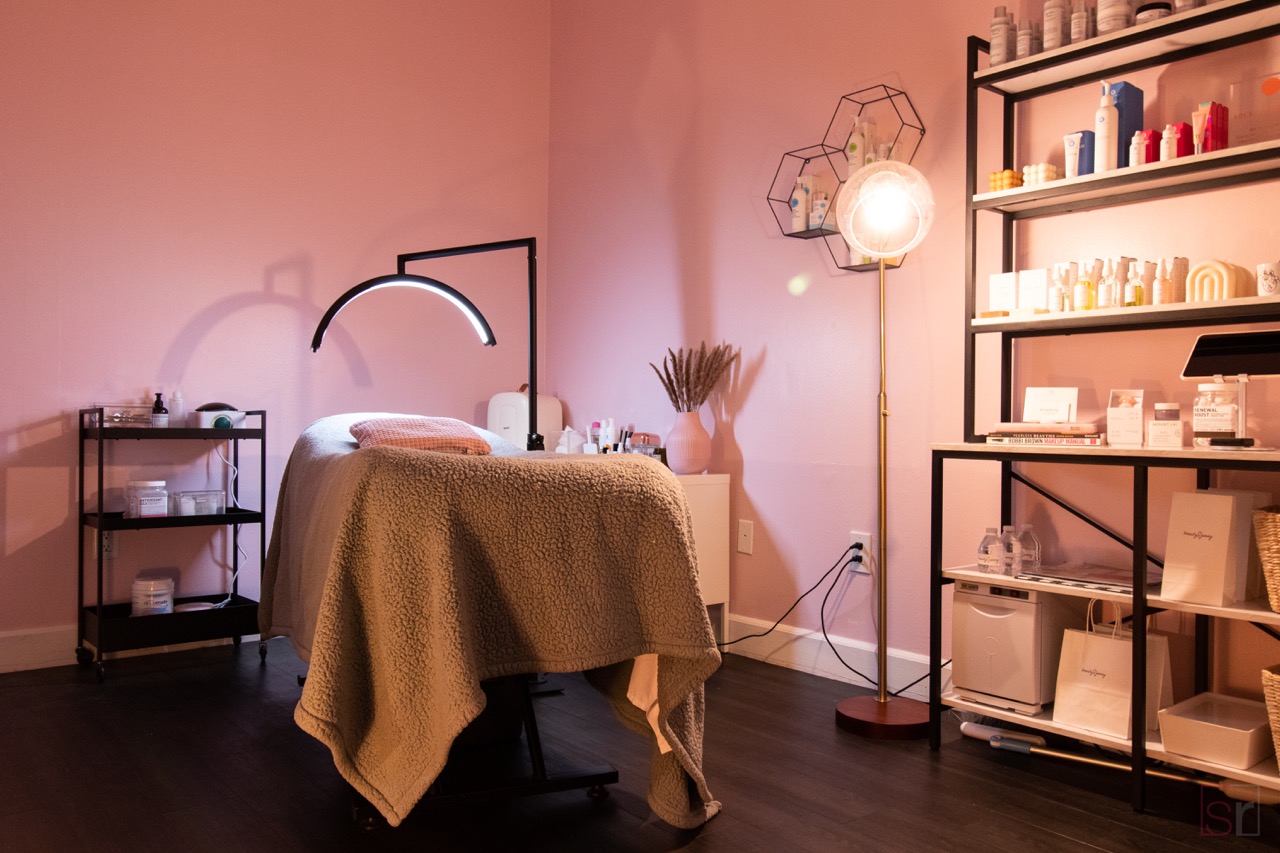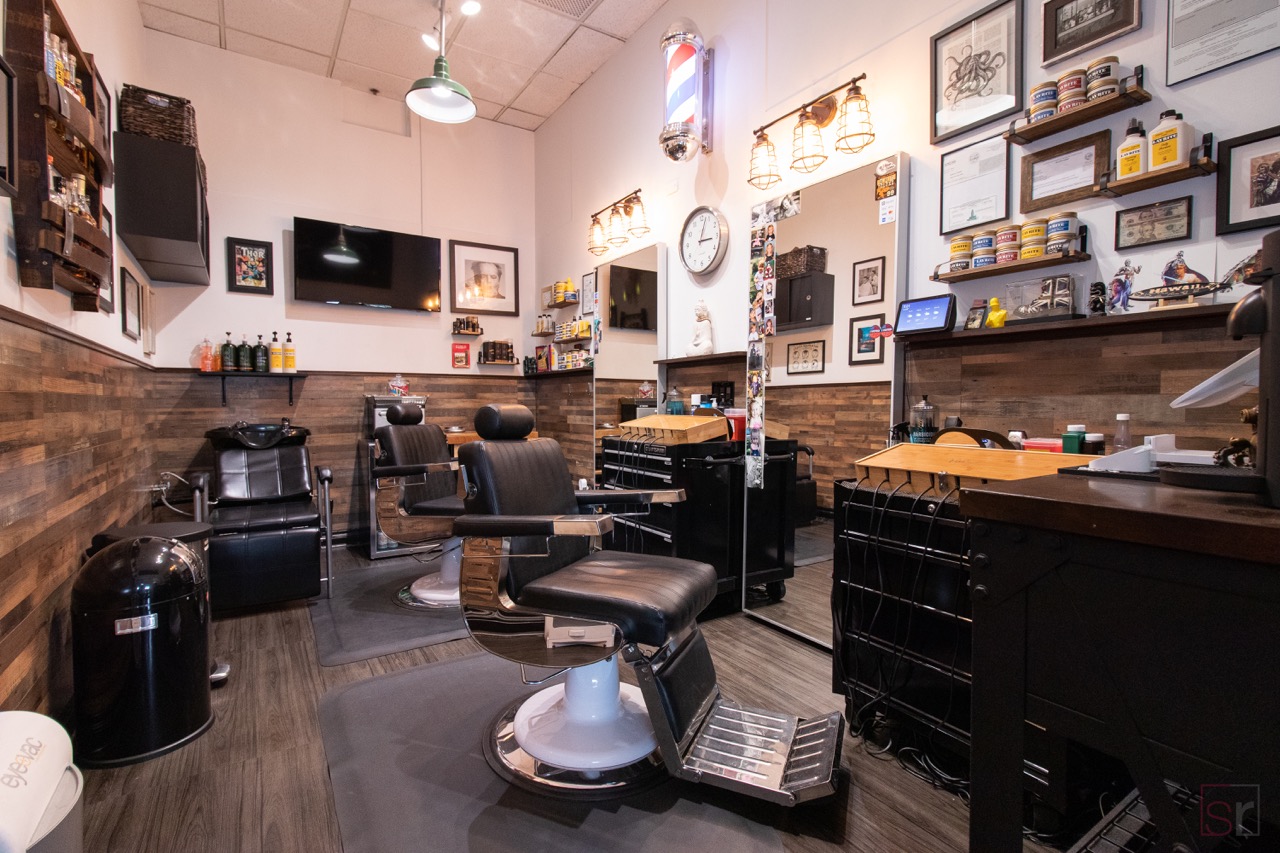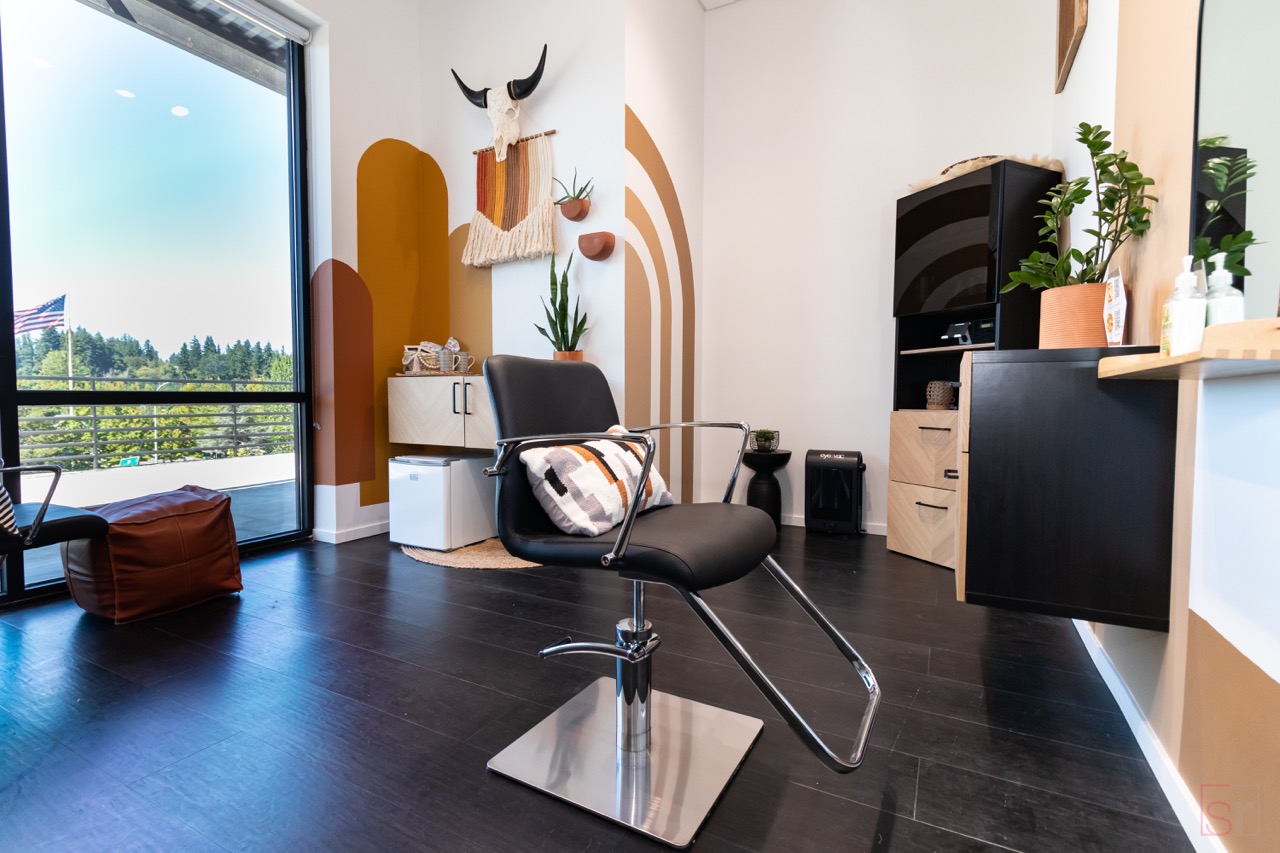
The 3 Most Important Documents to Review When Renting Salon Space
Congratulations! You found the perfect salon space for your business. The location is ideal, the rates are affordable, and the community fits your vibe. The hardest part is over. But there are still a few important things to pay attention to when you put pen to paper on a salon studio rental agreement.
While paperwork isn’t exactly the most glamorous part of renting salon space, it is necessary to protect your beauty business. Plus, it can save you from some (costly) annoyances in the future. Read on to discover the top three most important documents you should review when renting a salon space.
1. Your Salon Studio Rental Agreement
From rules to rates, review all the fine details of your salon studio rental contract before signing the agreement. Not only does this contract give you legal protection, but it also sets expectations between you and your salon space host – ensuring you’re both on the same page so you can avoid any future misunderstandings.
Generally, a standard salon studio rental agreement will have the following details:
- The rate of your salon suite
- The length of the rental term and payment schedule (weekly, bi-weekly, monthly, etc)
- How you can use the salon space (determine what’s permitted and what’s not allowed)
- The terms by which either you or the salon can cancel the contract
- The hours of operation and when you can access the salon space
- Rental rules of the salon suite & general environment(code of conduct, cleanliness, etc.)
- A clause that defines your status as an independent contractor and not an employee of the company from which you’re renting the salon space (for the IRS)
Additionally, you’ll want to know the following about your salon studio rental agreement:
- What expenses are included in the rates (utilities, Wi-Fi, maintenance, parking, etc.)
- If anything needs to be paid upfront (security deposits, first/last month’s rent, etc.)
- If the rent includes any additional perks and amenities (furnishings, towel service, continuing education, salon manager, etc.)
- What access you’ll have to certain areas (restrooms, laundry facilities,breakrooms, etc.)
- If any business insurance is included or offered
Don’t be afraid to ask questions about your rental contract. Now’s the time to be assertive and learn all the ins and outs of your agreement – understanding the specifics now will help you make the right choices and avoid any miscommunication or confusion later on.

2. Business Licensing Requirements
Along with your rental contract, there are certain licenses and certifications you may need to run your own business, depending on which state you’re operating in.
The most common licenses and certifications required include:
- Business License – This registers your business entity with the appropriate city and/or county
- Establishment License – This registers the location of your business with the State board that governs your profession
- Seller’s Permit/Resell Certificate – Often required when selling retail products
You can contact your state’s Department of Labor for more info on the requirements for an independent beauty professional.
What type of business you establish when renting salon space can also affect your tax amount and liability. Different types of business setups include:
- Sole proprietorship – This is one of the quickest and simplest ways to get started as an independent contractor, but it also comes with the most liability. There is no separation between you and your business. And, everything you make is taxed on an individual level.
- Limited Liability Company (LLC) – This essentially provides legal protection between you and your business. You’ll need to register with your state’s business regulator and local agencies to create an LLC. Taxes for your business are filed separately from your own personal tax returns.
- Corporation (Inc.) – A corporation also protects you from liability for your business. You must also file with your state and local authorities to set this one up. However, remember that corporations are taxed differently and have different record-keeping requirements.
Pro tip: Work with a tax professional or accountant familiar with the beauty industry, so they are well-versed in your situation. Understanding the licensing and business facets of a salon space rental agreement can help you avoid any regulatory pitfalls.

3. Insurance Policies for Your Salon Suite and Business
As an independent beauty professional, you can run your business however you want. But with independence comes the responsibility of liability. That’s why choosing an insurance policy that’s catered to beauty pros and covers all (not just some) of the services you provide your clients is critical.
The two main types of insurance liability coverage for renting salon space are:
- General liability – Referred to as “slip and fall insurance,” general liability handles the cost of property damage or injuries that happen in your salon studio (think: a client trips and injures themself on their way to your chair)
- Professional liability – Also known as “malpractice insurance,” professional liability covers the actual beauty services/treatments that you provide your clients
In addition to the liability policies listed above, you can also take extra precautions with a comprehensive plan that offers protection for things like:
- Rental damage (in the event anything happens in your salon space including fire, flood, etc.)
- Stolen/damaged equipment (to protect the tools of your trade)
- Identity protection (to protect against a compromised identity from running payments online, using social media for your business, etc.)
Supplemental Insurance (such as Aflac) is also available to provide additional coverage or payments to you if you are injured and cannot work or run your business.
Once you are protected, you can rest easy knowing your livelihood is covered. Now, it’s time to focus solely on your craft!


